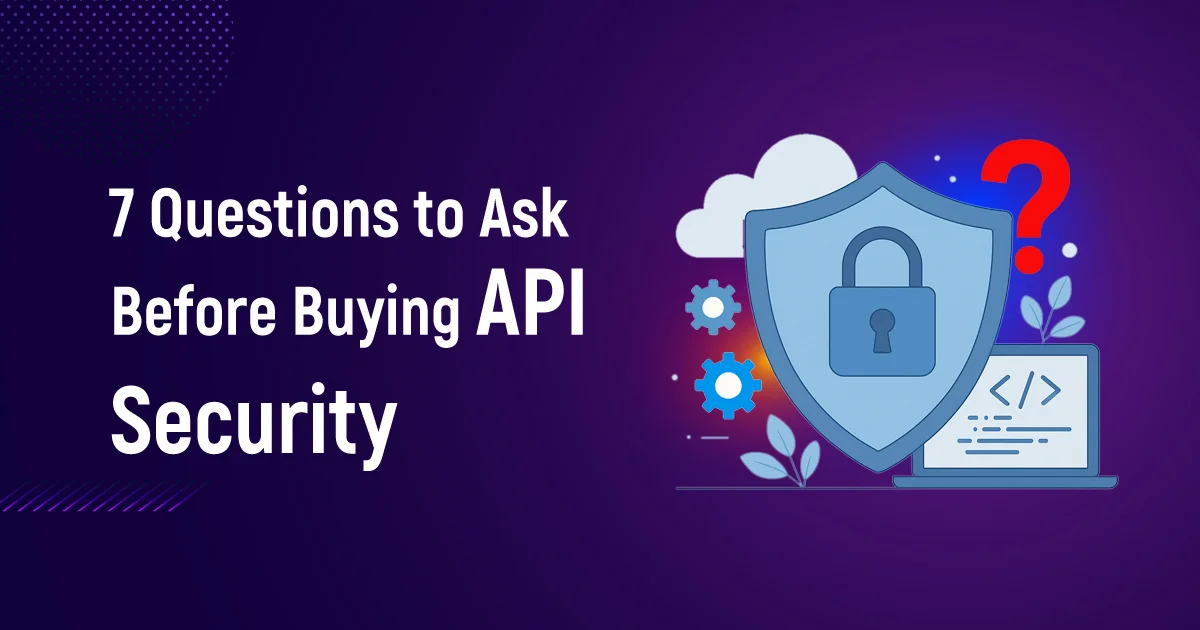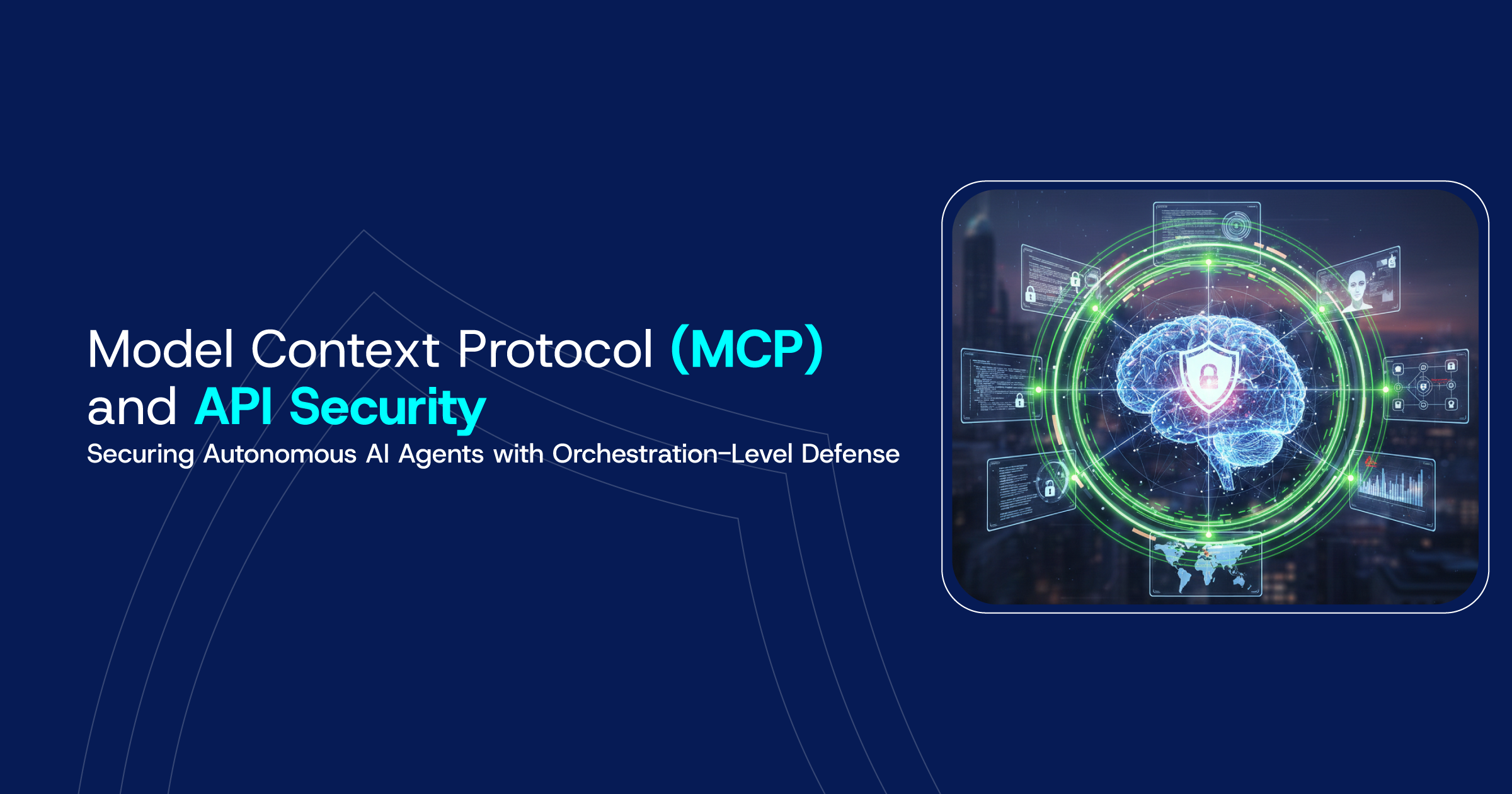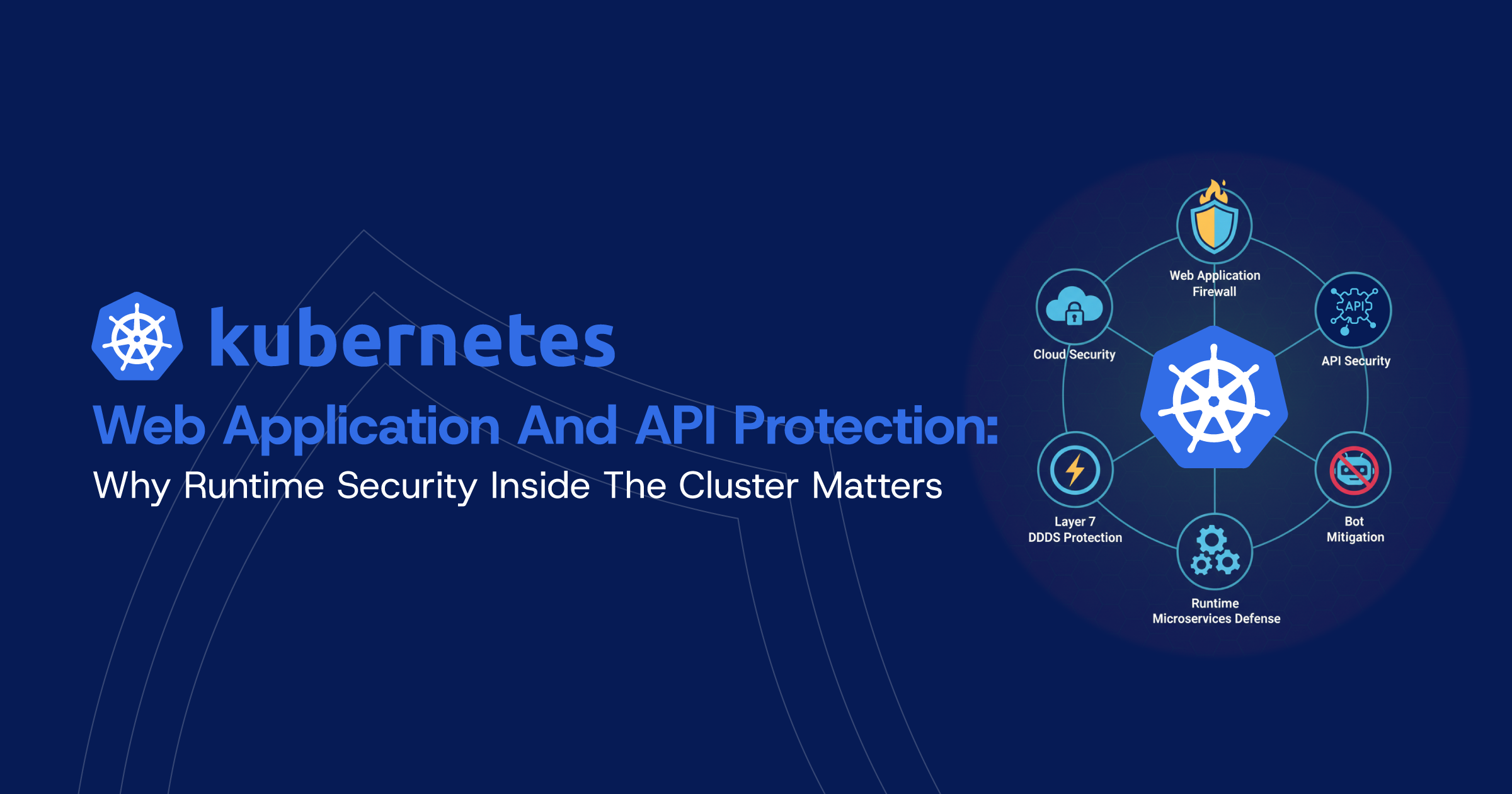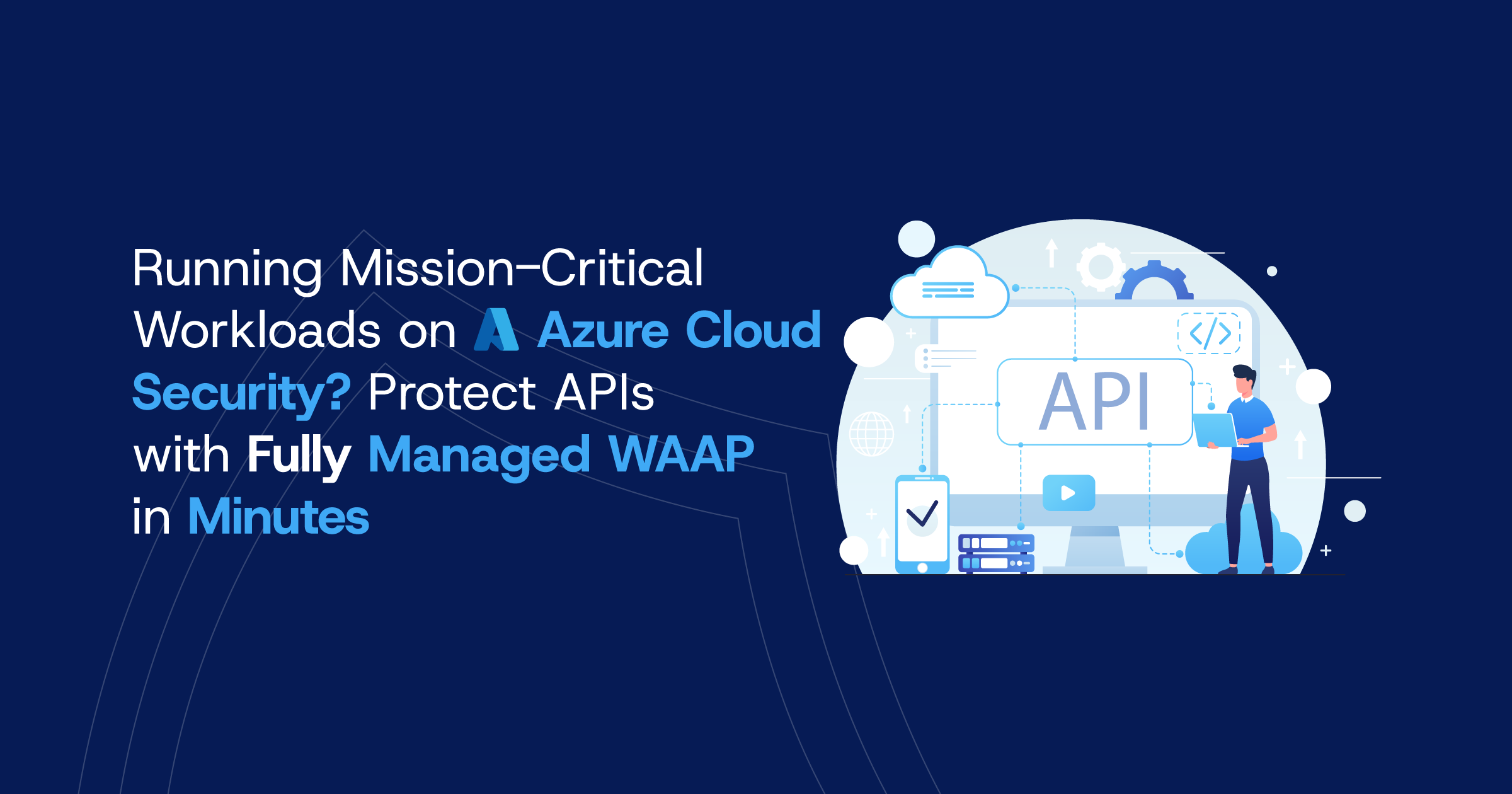In a world where APIs serve as the foundation for digital transformation, ensuring their security is essential rather than optional. With numerous vendors touting superior protection, how can you determine which API security solution is the right match for your business?
Before committing, consider these seven crucial questions. And indeed, we’re highlighting Prophaze for good reason.
7 Questions to Ask Before Buying API Security

1. Is It Built on a Cloud-Native, Kubernetes-First Architecture Like Prophaze?
Today’s challenges require innovative solutions. Prophaze stands out as one of the few API security vendors designed fully on a Kubernetes-native architecture. Why is this important? Because Kubernetes-native platforms automatically scale, seamlessly integrate into DevOps workflows, and deliver real-time insights without added complexity. If a vendor isn’t cloud-native, they typically represent a legacy model. Prophaze delivers advanced security with no compromises.
2. Can It Defend Against the OWASP API Top 10—Out of the Box?
The OWASP API Top 10 represents the active threat landscape rather than a mere suggestion list. Your vendor must employ comprehensive behavioral analysis, real-time traffic monitoring, and AI/ML models designed to counter threats such as BOLA (Broken Object Level Authorization) and Mass Assignment. Prophaze manages this inherently, without the need for plugins or third-party scripts.
3. Does It Secure Both Internal and External APIs?
While most vendors emphasize public-facing APIs, internal APIs also pose significant vulnerabilities, particularly in environments rich with microservices. A robust security solution should ensure visibility and protection for every API, irrespective of its location. Prophaze offers a unified dashboard that monitors both internal and external API traffic, enabling teams to identify anomalies before they escalate into breaches.
4. Does It Provide Real-Time, Automated Threat Mitigation?
Alerts are helpful, but automated defenses are superior. Inquire with your vendor about the speed of their attack mitigation. Prophaze proactively stops harmful requests at the network edge—before they reach your infrastructure—thanks to its smart Web Application and API Protection (WAAP) engine.
5. Is It CI/CD-Friendly for DevSecOps Teams?
DevSecOps is not just a buzzword; it’s the way security is approached today. Opt for a vendor that facilitates smooth CI/CD integration while minimizing developer friction. Prophaze features RESTful APIs and GitOps compatibility, allowing for continuous monitoring without hindering deployment speeds.
6. How Transparent Is Its Visibility, Reporting, and Intelligence?
Security lacking visibility amounts to mere blind trust. Inquire about dashboards, threat intelligence feeds, and compliance-ready reporting. Prophaze’s user interface is designed for clarity, featuring heatmaps, attack graphs, and real-time alerts, ensuring your security team has all the information they need.
7. What Support Do You Get—Bots or Humans?
When an issue arises—whether it’s a breach or a malfunction—you need real people to help. Inquire about SLA details and clarify if you will receive a chatbot or a dedicated security expert. Prophaze is recognized for its responsive support team, which provides constant human assistance that adjusts according to your risk level.
Ready to Lock Down Your APIs with Confidence?
Prophaze goes beyond being a typical API security vendor; it serves as a partner tailored for today’s cloud-native enterprises. With real-time defense, AI-driven automation, and a Kubernetes-first design, Prophaze guarantees that your APIs remain secure, efficient, and compliant.
Book a demo today to experience the future of API security.



